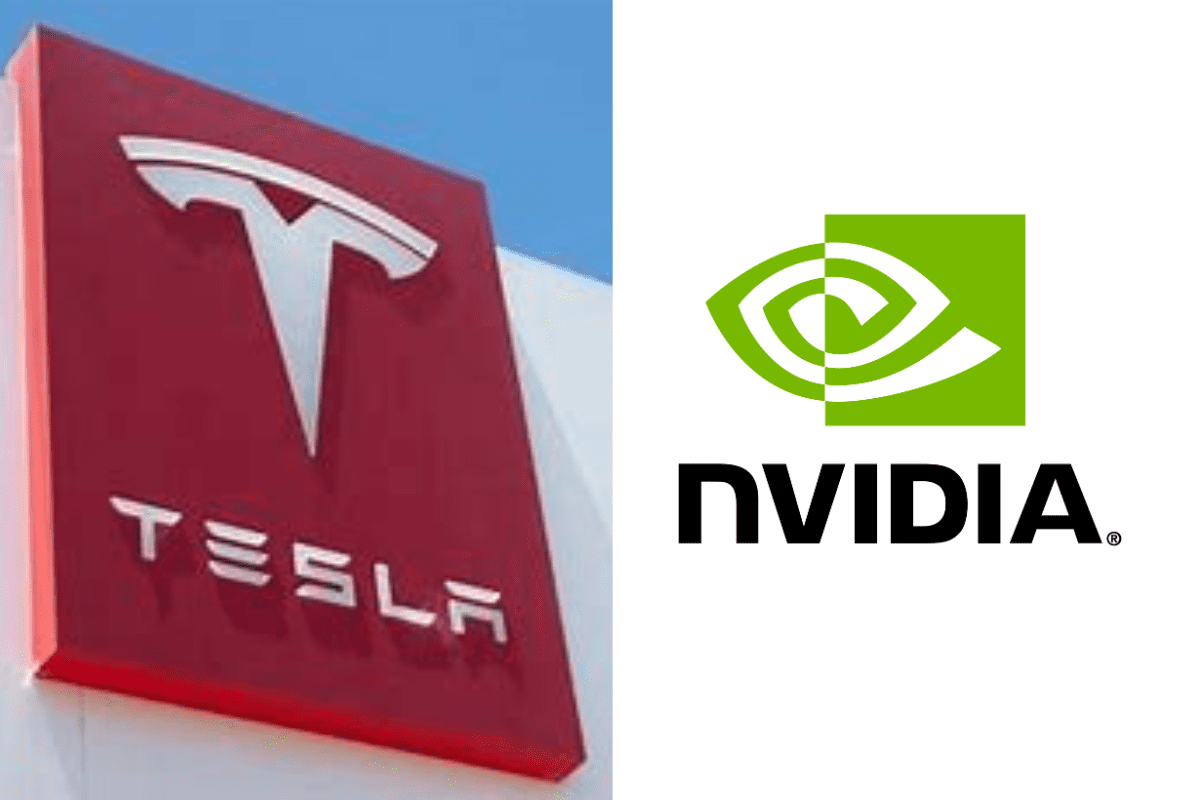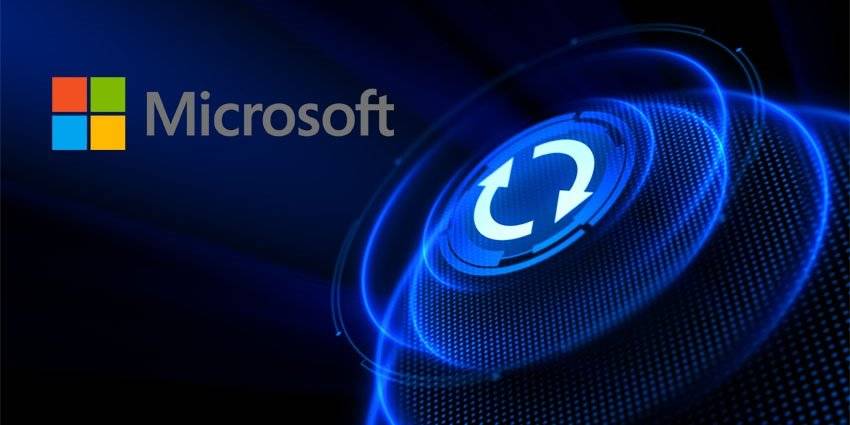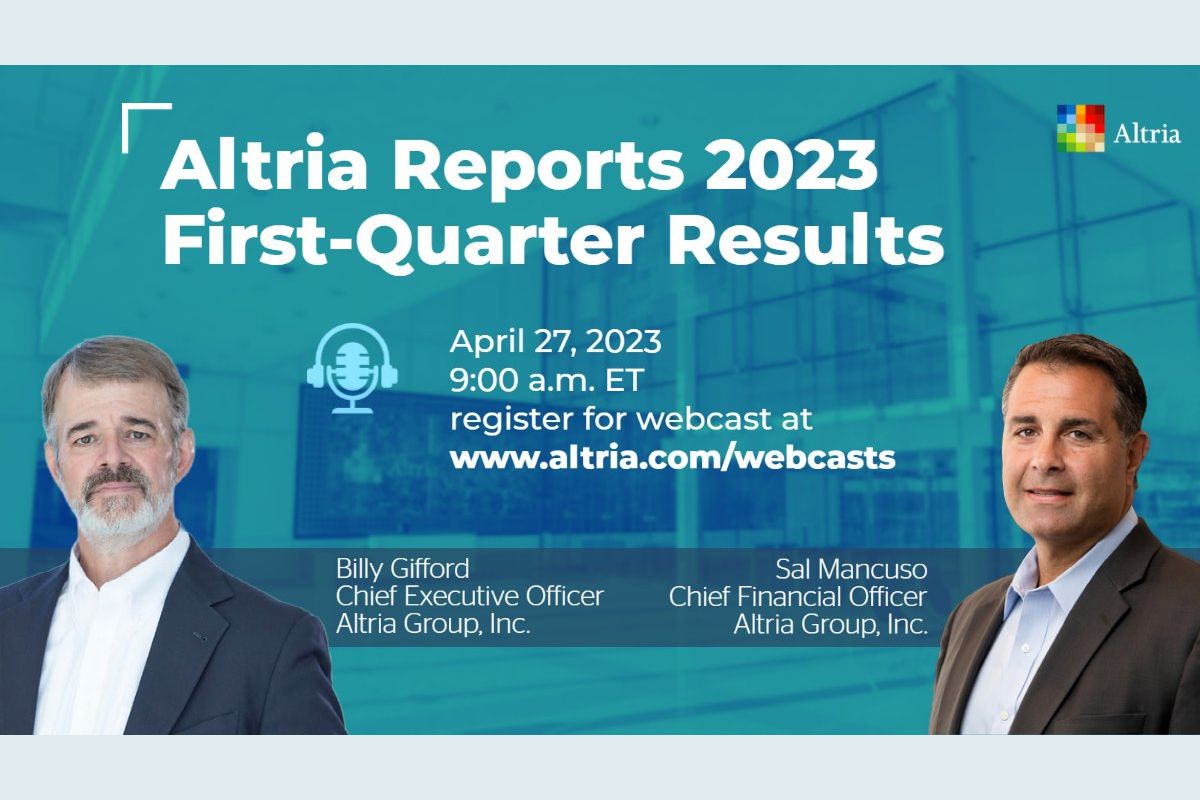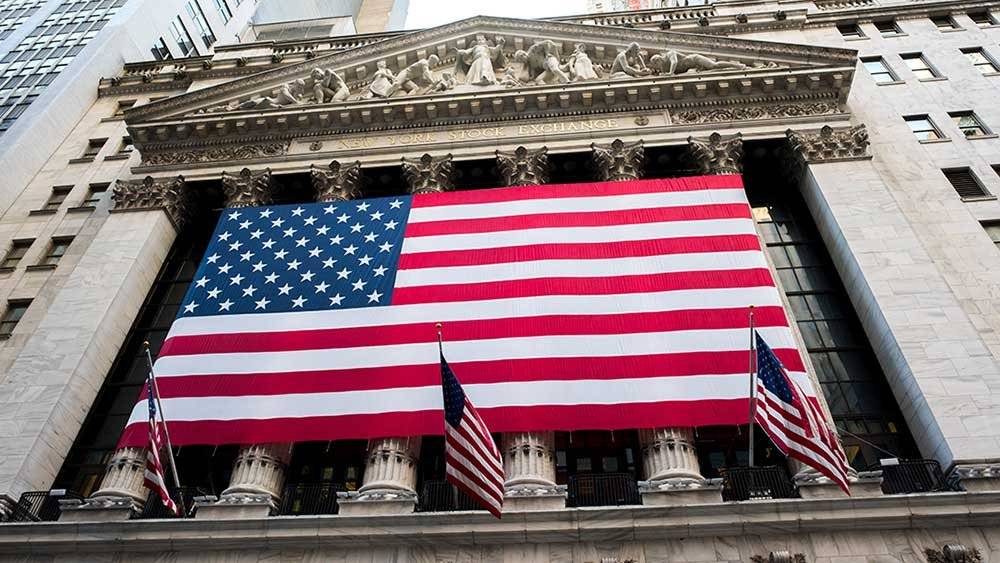Nvidia also sees automotive being the largest enterprise vertical in its cash cow data center business.
According to Jensen Huang, CEO of Nvidia (NVDA), Tesla’s (TSLA) full self-driving (FSD) technology is the most sophisticated one available at the moment. Additionally, it so happens that Nvidia chips power Tesla’s FSD.
Huang stated in a special interview with Yahoo Finance that Tesla is well ahead in the field of self-driving automobiles.
“One of the things that’s really revolutionary about version 12 of Tesla’s full self-driving is that it’s an end-to-end generative model,” Huang stated.
“It learns by viewing films, mainly 360-degree videos. It gains knowledge about end-to-end driving, generative artificial intelligence (AI) for path prediction, and comprehension and steering of the vehicle. Thus, the technology is truly groundbreaking, and Tesla is producing amazing work.”
Version 12 of Tesla’s FSD was released earlier this year and is presently in beta testing for new owners. It was previously available in 30-day free trials. At the moment, FSD costs $8,000 upfront or $99 per month. Since its launch in March 2021, FSD has accumulated more than 1.3 billion kilometres, according to a Tesla report from April.
FSD has been the subject of recalls and government investigations concerning its capabilities, and it is still regarded as a Level 2 autonomous system, requiring supervision when used
A little portion of Nvidia’s $22.6 billion data center business came from $329 million in automotive revenue in the first quarter, but it was nonetheless up 11% annually and 17% sequentially.
Cars are expected to be the “largest enterprise vertical within [the] Data Center [segment] this year,” according to Nvidia CFO Colette Kress, who also predicted that the industry could generate multibillion dollars in revenue for the company.
Consumer internet users accounted for the majority of Nvidia’s Data Center revenue in the first quarter, which totaled $22.6 billion.
The cloud service providers, often known as hyperscalers, such as Microsoft (MSFT), Alphabet (GOOG, GOOGL), and Amazon (AMZN), constituted a “mid-40s percentage” of this segment’s revenue.
Huang also stated to Yahoo Finance that he believes “every single car” will eventually be able to operate autonomously, a development that will need a significant amount of processing power.
Huang referred to Tesla’s FSD system and remarked, “This technology is very similar to the technology of large language models, but it requires just an enormous training facility.”
“And the reason for that is because there’s videos, the data rate of video, the amount of data of video is so, so high.”
For instance, Nvidia claimed to have assisted Tesla in growing their FSD training AI cluster to 35,000 Nvidia Hopper H100 GPUs in order to improve the company’s capacity to handle that volume of data.
Along with Tesla, Nvidia’s clientele in the automotive sector also includes Chinese EV upstarts BYD (BYD) and NIO (NIO), as well as Mercedes, Jaguar Land Rover, Volvo, and Hyundai.
Wall Street has high hopes for Nvidia’s automotive division.
Nvidia’s price target was raised by JPMorgan analysts to $1,150 from $850 in a note released on Thursday. The analysts projected that Nvidia would monetize “an incremental ~$14 billion of auto revenue pipeline” over the next three to four years, with the chipmaker’s data center business growing at a rate of 20–30% annually.
Yahoo Finance’s Pras Subramanian is a reporter. Both Instagram and Twitter allow you to follow him.
Read more..
Israel-Gaza: Big Rocket Attacks on Tel Aviv by Hamas Militants
China shows its anger over Taiwan’s new leaders by sending dozens of airplanes and ships.

Daisy Morgan is a dedicated business journalist known for her insightful coverage of global economic trends and corporate developments. With a career rooted in a passion for understanding the intricacies of the business world, Daisy brings a unique perspective to her writing, combining in-depth research with a knack for uncovering compelling stories. Her articles offer readers a comprehensive view of market dynamics, entrepreneurship, and innovation, aiming to inform and inspire professionals and enthusiasts alike.







